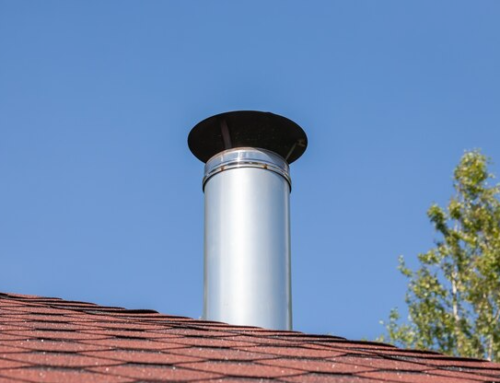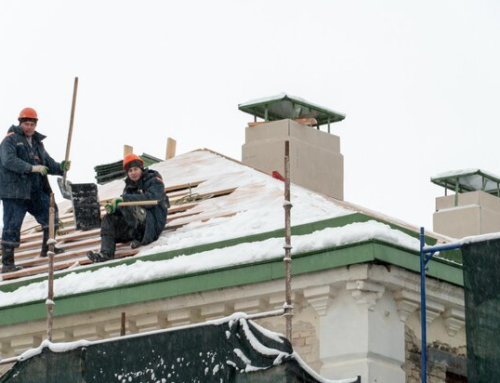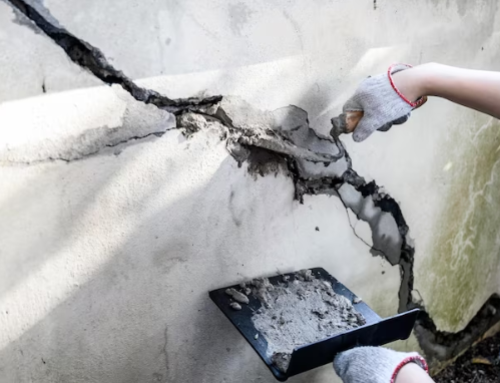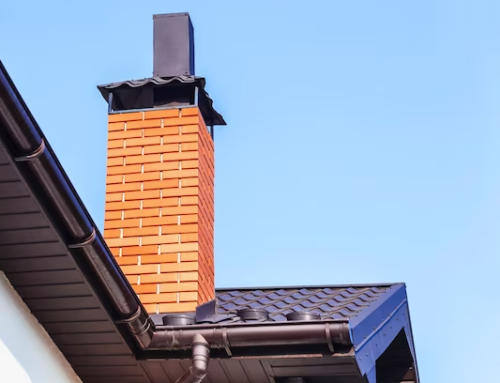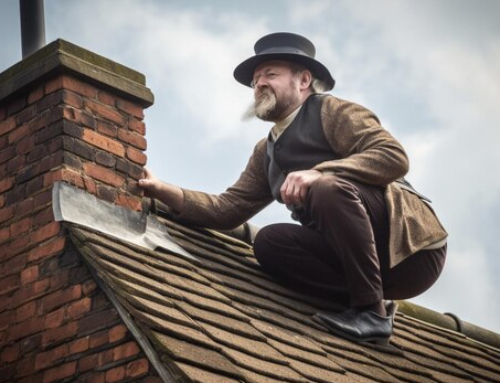Waking up to a gorgeous snow-capped chimney is a beautiful sight in winters. However, finding out that the snow has left cracks in your chimney isn’t good news. This happens as a result of a process called the freeze/thaw cycle.
Here is what it means:
What is freeze/thaw?
When moisture penetrates inside the mortar joints of your chimney, it has a tendency to freeze—if the temperature outside drops. According to the basic rule of physics, frozen moisture tends to expand and pull the construction material apart from as a result of the expansion force. This process usually gains momentum in the winter season. The same water then thaws, leaving behind a crack. The process keeps on repeating itself.
Freeze/thaw cycle, and your chimney
Since masonry materials are usually porous, they have a high tendency to absorb water into the bricks just like a sponge. This phenomenon is a lot more prevalent in unprotected chimneys. Usually, in the evening, the trapped moisture turns into ice.
When the temperature rises during the day, the frozen moisture thaws, leaving permanent cracks in the structure. Over the years, constant freeze and thaw processes can cause your chimney structures to collapse—if you’re not too careful about chimney inspection and repairs.
The freeze/thaw phenomenon can also result in masonry damage, water leaks, damaged flushing, rusted damper, damaged chimney cap, chimney crown cracks, and a leaning chimney. The moisture can also erode the mortar and lead to the emergence of gaps in the mortar joints. If the problem remains ignored for too long, the brick might completely separate from the chimney.
How to protect your chimney?
Chimney waterproofing is your best bet against any type of freeze and thaw damage. Waterproofing creates a solid barrier against the water penetration process and keeps your structure safe from freeze/thaw damage. Make sure the waterproofing formula is 100% vapor permeable. This will ensure that the combustion vapors don’t remain trapped inside the brick and mortar for long hours—leading to even more damage.
Other than that, it also helps to get your chimney frequently inspected and repaired as and when needed. If you’re based in Connecticut, we recommend reaching out to CT Chimney Repairs. We offer a wide range of chimney-related services in CT, including chimney inspection, repairs, installation, repointing, and rebuilding. Book an appointment now.

